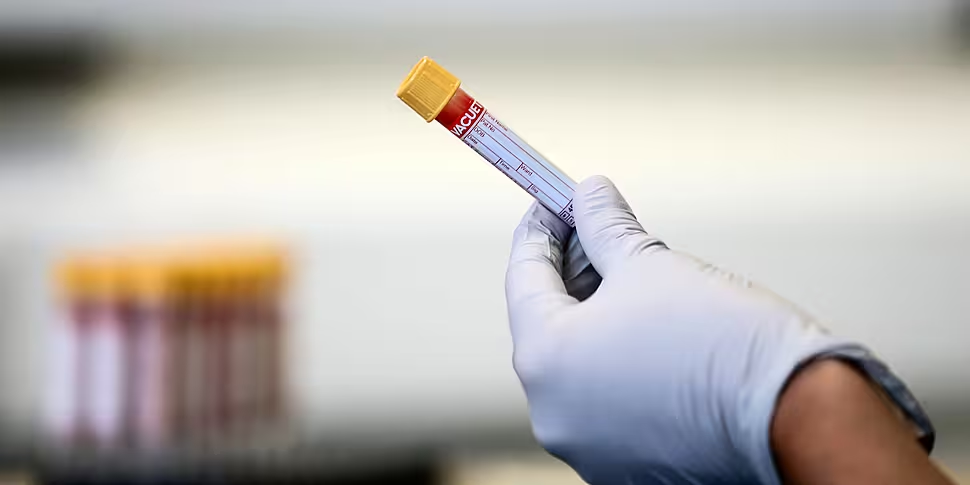Health officials have been warned that patients can become re-infected with coronavirus shortly after they recover.
The Health Information and Quality Authority has this morning published the latest advice it gave to the National Public Health Emergency Team.
The health regulator said it has reviewed new evidence and long-term studies from around the world and found that at least 14 people are known to have become re-infected.
HIQA’s Deputy CEO Dr Máirín Ryan said: “New evidence has demonstrated that reinfection can occur following recovery from SARS-CoV-2 infection.
“Worldwide, at least 14 patients have been infected twice by SARS-CoV-2,” she said.
“These reinfections were confirmed by genetic evidence that showed the first and second infections were caused by different viral strains. It is important to remember, however, that these are rare events.”
Policy implications
She said the findings have “significant policy implications” and warned that people who have recovered from the virus should be treated no differently to anyone else.
“Infection prevention and control, isolation and contact tracing considerations are not likely to differ for cases of reinfection compared with the first infection,” she said.
“Therefore, all public health advice, including hygiene and physical distancing, should apply to those who have recovered from a SARS-CoV-2 infection as immunity from reinfection cannot be assumed.”
Antibodies
Dr Ryan said evidence from 22 international studies suggests COVID-19 antibodies remain in the blood for at least two months after infection.
She said they remain for up to six months for some people.
“The levels of neutralising antibodies decline over time, especially in the later stages of follow-up,” said Dr Ryan.
“While this doesn’t offer a full picture of the body’s response to SARS-CoV-2, this data has implications for vaccine development, antibody testing and immunotherapy going forward.”









